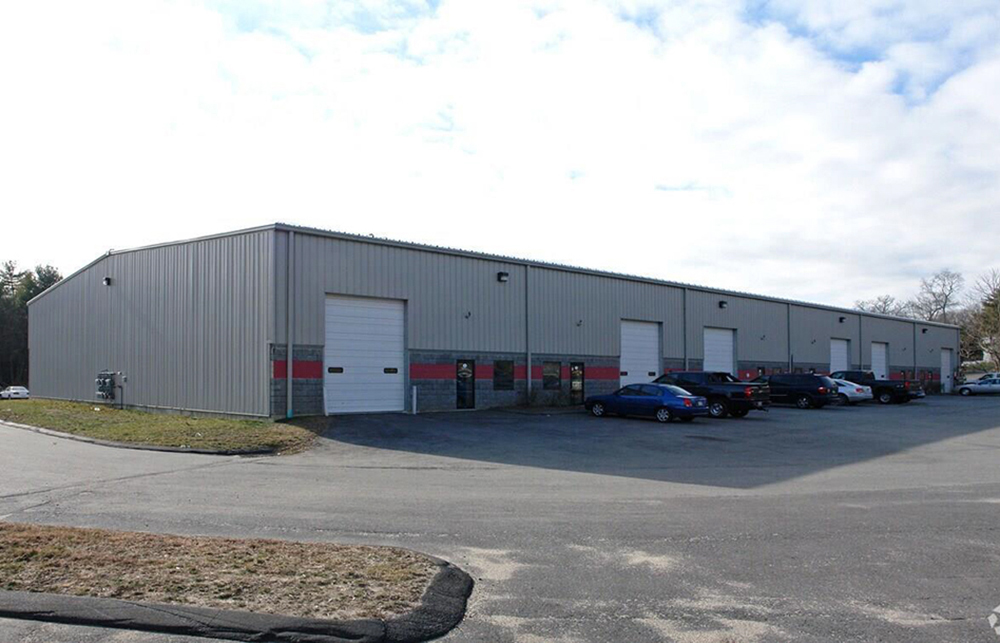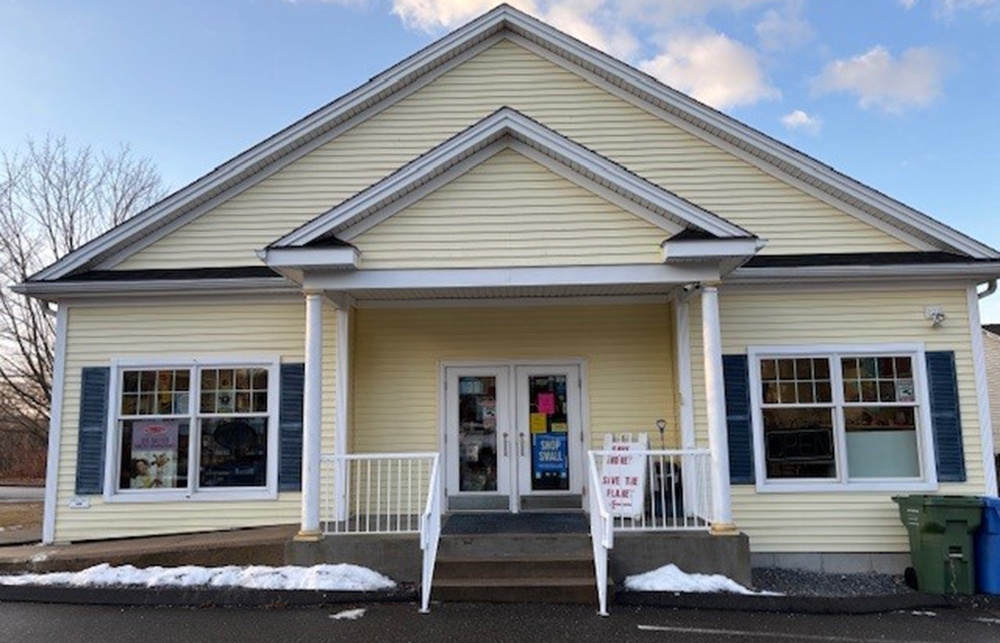Creating experiences with real estate in a digital world at our shopping centers - by Brian Kaplan

By now you have read the articles and seen the news stories about the so called “retail apocalypse.” At Waterstone, we like to look at it as the “retail evolution.”
Retailers and real estate experts must face the facts of the current situation – retail is evolving at a speed like how cellphones changed the way we communicate. Consumers have access to all their wants and needs at their fingertips, without having to leave their homes. We can order something online, and the next day when we get home from work it will be sitting on our doorstep. These rapid changes in consumer shopping patterns are prompting the industry to ask, “What is happening with retail and are the days of brick and mortar, retail stores heading to extinction?”
The Right Mix
Now more than ever, consumers want experiences, convenience, and value. We create experiences at our shopping centers through the right tenant mix, creative mixed-uses, and community entertainment. Our retail portfolio primarily focuses on open-air, grocery-anchored centers with a mix of retail, services, restaurants, entertainment and medical. Many of our tenants are considered “value chains,” including the TJX concepts, ULTA Beauty, Hobby Lobby, etc... that are considered “experienced-based,” and do very well at our centers.
For mixed-uses, we look at adding residential, hotels, and office space next to our existing shopping centers. This allows for people to live, work, and shop all within the same development. At our Portsmouth Green center in Portsmouth, N.H., we partnered with The Mount Vernon Company to build 95 luxury apartments called The Veridian. These apartments are within steps of McKinnon’s Supermarket, Starbucks, Purre Barre, Orange Theory, Cycle Fierce, and Shio Japanese Restaurant.
Neal Shalom, principal at Waterstone said, “People don’t just go to work, go home, watch TV, and order things online. They still go to supermarkets for their groceries. They still eat at restaurants and go out to the movies. They get their hair and nails done. Some people even have two or three gym memberships. These experiences aren’t going away.”
Creating Experiences
At each of our large shopping centers, we consistently have free community events throughout the year. This past October at Brickyard Square in Epping, N.H., our 3rd annual Halloween event called Brickyard Scare was attended by over 3,000 people. This event is held the week before Halloween, and kids dress up and go trick-or-treating throughout the shopping center. At THE RIDGE in Rochester, NH, thousands of kids and their families have come to the park space (next to 110 Grill) for events such as waterslide day and outdoor movie nights. We also make these spaces available to organizations in the community for their own events. As we continue to grow and take on new developments, having a space for events will certainly be part of the plans as it creates experiences and brings value to the communities we serve. We believe that we have done our job when a family can say “Let’s go spend the day at THE RIDGE in Rochester.”
According to the Top 100 Retailers list from STORES magazine, the top 10 U.S. retailers (Walmart, Kroger Co., Costco, The Home Depot, CVS, Walgreens, Amazon, Target, Lowe’s and Albertson’s) are brick and mortar stores except for Amazon. However, there is no denying that Amazon is making a big push into physical stores with the acquisition of Whole Foods. One could argue that Amazon will take a page out of Walmart’s book and start using their physical retail stores as a mini-distribution center for online orders. If that is the case, don’t be surprised to see Amazon acquiring other brick-and-mortar companies in the near future. It’s not just a one way street, if online retailers don’t start evolving into brick-and-mortar, they could find themselves getting left behind.
While retailers are beginning to take new approaches with a fresher outlook that better represents what the consumer is looking for, it is also up to the real estate industry to do the same.
Brian Kaplan is a business research and development manager for Waterstone, Needham, Mass.
RapDev leases 17,587 s/f at 501 Boylston St. - lease brokered by JLL


Newbury Street: Boston’s timeless retail gem thrives in a modern era - by Joseph Aquino
Boston’s iconic Newbury St. continues to thrive as one of the most vibrant and compelling retail corridors in the United States. Nestled in the heart of the Back Bay, this historic St. has evolved into a powerhouse of high-St. retail, where luxury meets lifestyle and legacy brands coexist with up-and-coming names. With its European charm, diverse architecture, and unmatched foot traffic, Newbury St. remains a dynamic reflection of Boston’s energy, culture, and economic strength.

Retail / tariffs / uncertainty and (still) opportunity - Carol Todreas
As new tariffs continue to impact the global economy, retail businesses and investors are grappling with heightened uncertainty. From new high tariffs to supply chain issues to evolving consumer behaviors, continual changes are making it as or more challenging than the pandemic years. Yet, amidst this turbulence,

End of the year retail thoughts - by Carol Todreas

Placemaking and retail in 2024 - by Carol Todreas
Placemaking. That is the word for 2024. While the concept has historical precedence in urban development, it became part of our current culture in the 1960’s when urbanists started to think about cities for people, not just cars.









.png)
